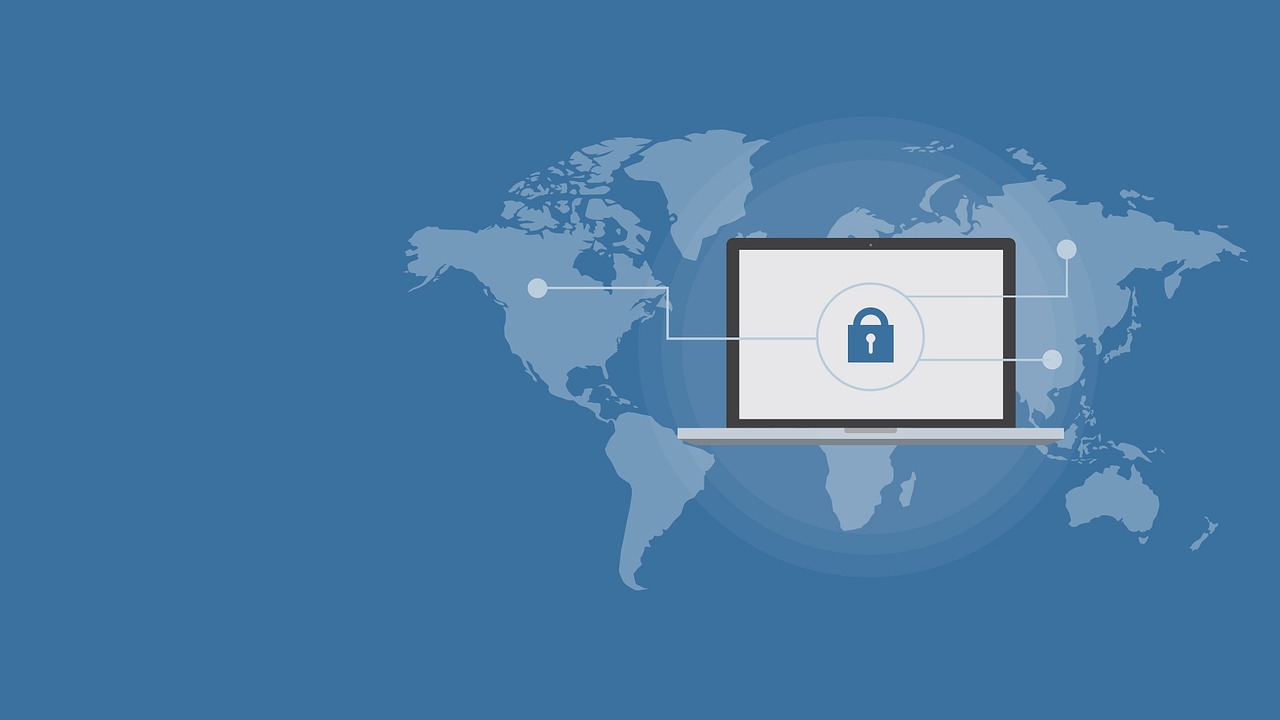Securing Your Data: The Power of Tokenization

In today’s digital age, data is the currency of the internet. Whether it’s online purchases, social media profiles, or even medical records, personal information is everywhere. Unfortunately, this means cybercriminals are constantly on the lookout for ways to steal this information. However, there are ways to protect yourself and your data, and one powerful tool in the fight against cyber theft is tokenization.
Simply put, tokenization is the process of replacing sensitive data with a non-sensitive equivalent. For example, let’s say you’re making an online purchase and need to enter your credit card information. Instead of typing in your actual credit card number, which could be intercepted and stolen by hackers, the number is replaced with a randomized string of characters known as a token. This token can then be used to complete the transaction while your actual credit card number remains safe and secure.
Tokenization is a powerful tool because, unlike encryption, it doesn’t just scramble the data, but replaces it altogether. This means that even if a cybercriminal manages to intercept the token, it is essentially useless without the corresponding sensitive data. Additionally, tokens are often generated using complex algorithms that are difficult if not impossible to predict, making it nearly impossible to identify the original data even if the token is intercepted.
Another key benefit of tokenization is that it can be used across a wide range of industries and applications. For example, in the healthcare industry, tokens can be used to protect sensitive patient data such as medical records. In the banking industry, tokens can be used to secure customer account information. And in the retail industry, tokens can be used to protect payment card information during transactions.
The use of tokenization can provide several significant benefits. Firstly, tokens can reduce the risk of identity theft, data breaches and other cyber threats. Secondly, by reducing the risk of a security breach, you can potentially save money on legal fees and regulatory fines. Thirdly, and perhaps most importantly, tokenization can help build trust between businesses and their customers by showing a commitment to protecting their personal data.
It’s worth noting, however, that tokenization is not a one-size-fits-all solution. Proper implementation requires a strong understanding of the security needs of your particular business, as well as the tools and expertise necessary for successful implementation. Additionally, as the use of tokenization grows, it is likely that new and more sophisticated methods of attack will emerge, requiring constant adaptation and improvement of tokenization practices.
In order to ensure the success of your tokenization strategy, it’s important to work with a team of experienced professionals who understand the complexities of data security. These experts can help develop a comprehensive risk management plan that addresses the unique needs of your business. They can also help implement tokenization technology and provide ongoing support and maintenance as needed.
Tokenization is a powerful tool in the fight against cyber threats. By replacing sensitive data with non-sensitive tokens, businesses can significantly reduce the risk of data breaches and other forms of cyber theft. However, proper implementation of tokenization requires careful planning and a comprehensive understanding of the security needs of your particular business. If you’re interested in implementing tokenization as part of your risk management strategy, be sure to work with a team of experienced professionals who can guide you through the process and help ensure the success of your data security efforts.